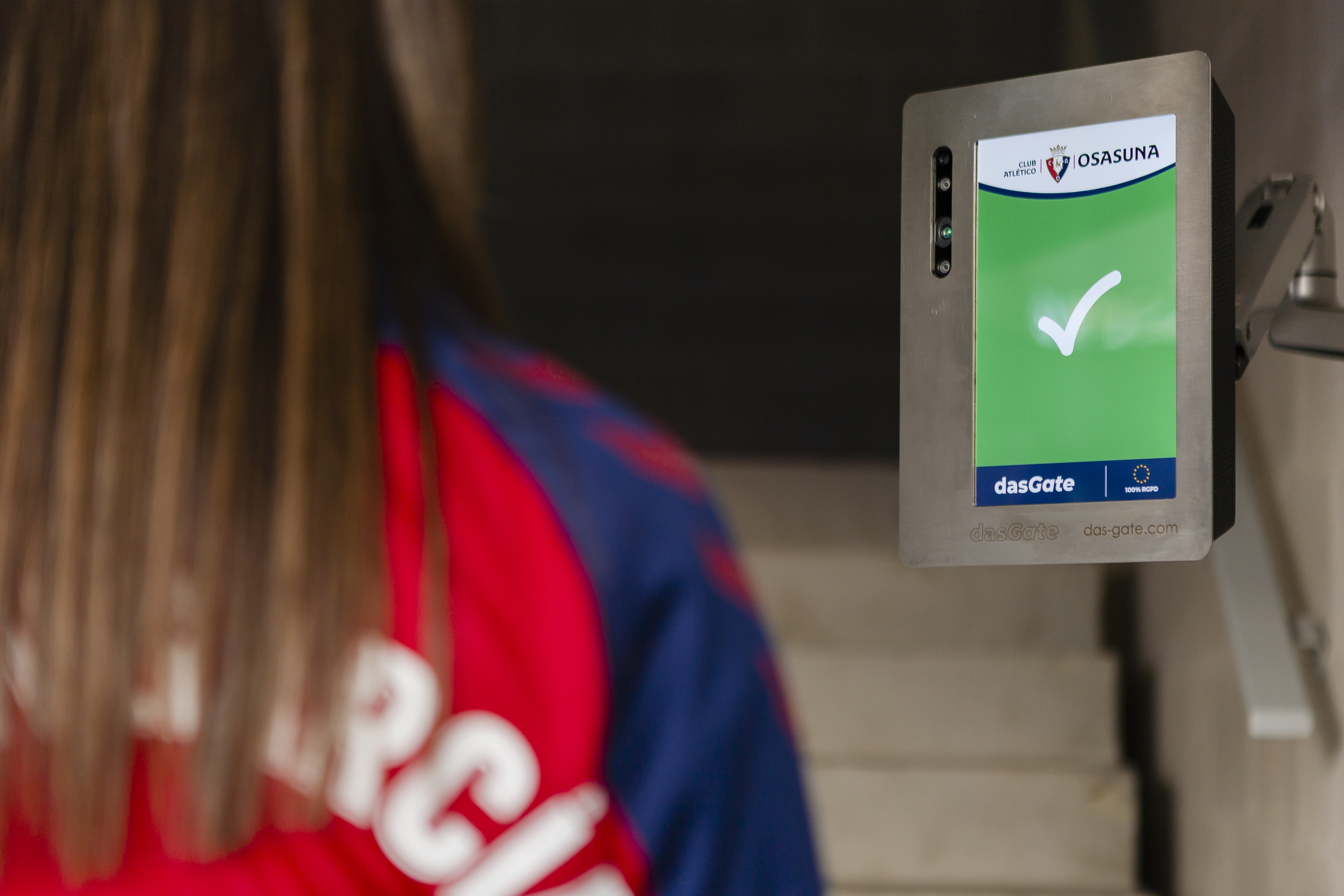Report This is how facial recognition works and why you should care
Opinion Law or crime?
Last November, a New York lawyer bought tickets for a Rangers ice hockey game, went to one of the doors of Madison Square Garden and found a surprise at the turnstile: access denied.
As?
"The black list," they warned him.
Tired of lawsuits for falls and injuries, the management company of the mythical pavilion, MSG Entertainment, had banned hundreds of lawyers from entering and facial recognition had done the rest.
The vetoed lawyers have filed a joint lawsuit
and the case is ongoing, but it is not clear that they will win.
At least if they do, it won't be because of the access technology used by the Madison.
In the state of New York, the collection of biometric data is allowed even without consent and the State Police itself uses multiple tools for this,
fixed cameras, drones and even X-ray vans
.
In Spain everything would be different.
But the example serves to illustrate the challenges posed by a technology in full deployment
In fact, in addition to dozens of gyms and private venues, there is already a stadium in Spain that uses it: the Sadar.
Last year, Osasuna reached an agreement with the Veridas company and now the partners who wish to can enter
simply by putting their faces in front of a camera.
Previously they have had to scan their ID, take a selfie and, most importantly, give their express consent.
Osasuna members will be able to enter just by putting their face in front of the camera.
"You have to be clear that it is not mass surveillance, that it is a private and voluntary system. And above all, that it is super-secure. Biometric technology takes your face, turns it into a vector and that vector is already irreversible. If there were a
hack of data, this vector could not be used to withdraw money at an ATM or unlock a phone;
it only serves to enter that specific facility", details the CEO of Veridas,
Eduardo Azanza
, which emphasizes that the technology is designed in Spain -its offices are in Navarra- and that they have projects underway with more LaLiga and Liga Endesa clubs.
What's more, the two big ones, Real Madrid and Barcelona, have already taken an interest in systems of this type to offer them to members.
There's just one problem: facial recognition isn't regulated in Europe yet.
"You can't force it"
"Right now it is not prohibited, but there is a legislative vacuum. The European Union is still working on a regulation for Artificial Intelligence that should include facial recognition," says
Santiago M. Caravaca
, Spanish lawyer from the Italian firm Futura Law Firm and specialist in the matter.
"In Spain, the data protection law prohibits the collection of biometric data, but establishes two exceptions. The first, that there is an essential public interest, although there is still no law that defines exactly what is essential public interest. And
the
second , that there is a clear, free, informed, unequivocal consent. It is not worth a phrase in the fine print of an entry. In short, right now you cannot force someone to undergo facial recognition to enter a venue and the only system
is make two queues:
one for those who want to use this technology and another for those who don't want to", summarizes the lawyer who assumes that the European Union will legislate in favor of facial recognition, although there are countries that remain reluctant.
Access by facial recognition is a private and voluntary system.
While Denmark, for example, has made facial recognition mandatory to access the Brondby stadium because it considers that this benefits security, in Italy a moratorium prohibits this system until the end of 2023. In France, a few months ago Metz made a test with that technology to
identify banned fans
-mainly hooligans, violent- and the authorities warned him with an economic sanction.
"Politicians from several European countries, including ministers, have declared themselves in favor of facial recognition, but its regulation is a complex matter. We find ourselves in a clash between security and privacy. Exceptionally, consent can be applied as a legal basis, but
it
cannot to be general for a simple reason: the camera records everyone and not everyone has accepted it. It can generate a conflict. Clear regulations are required," says lawyer Santiago M. Caravaca.
Facial recognition advances as a method of entering stadiums and pavilions throughout Spain, but everything has certain questions.
According to the criteria of The Trust Project
Know more
European Union
real Madrid
CA Osasuna
Articles Javier Sanchez

